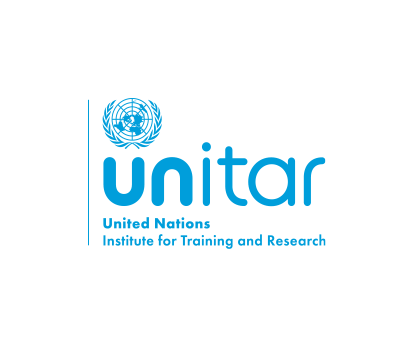
CIFAL Jeju - Expert Seminar on Sustainable Energy: Expanding Jeju’s Global Horizons - Case Study Seminar on Discovering Jeju as a Blueprint for Green Energy Island Transformation
According to the United Nations Environment Programme (UNEP), global temperature could increase by up to 2.9°C by the end of this century unless immediate and substantial reductions in greenhouse gas emissions are undertaken. Scientific consensus, as outlined in the Paris Agreement, underscores the need to limit warming to no more than 1.5°C to avert the most severe impacts of climate change. Achieving this goal requires reaching net-zero emissions by 2050. In response to this urgent call, over 140 countries, including the Republic of Korea, have committed to carbon neutrality by mid-century. Beyond national governments, non-state actors are also playing an increasingly pivotal role in advancing climate action, with some leading the way in policy innovation and implementation. One such example is Jeju Island, a regional leader in climate action. In 2012, Jeju launched its "Carbon Free Island" initiative, aimed at reducing its carbon emissions and transitioning to 100% renewable energy by 2030. This local leadership was further demonstrated with Jeju’s commitment to carbon neutrality by 2035, a target set in 2024, ahead of the Republic of Korea’s national carbon neutrality goal to be achieved by 2050. Jeju Island has been at the forefront of the energy transition, pioneering over ten large-scale renewable energy projects. Since the first introduction of the Carbon Free Island Initiative, which set a target to meet 100% of its electricity demand from renewable sources, Jeju has actively promoted and implemented renewable energy measures. As a result, the island currently holds the highest share of renewable energy generation in the Republic of Korea, with 19.2% of its electricity sourced from renewables—10.2% from solar power, 8.9% from wind power, and 0.1% from other sources. By 2035, Jeju further aims to increase this share to 70%. However, Jeju's journey has not been without challenges. The intermittent nature of renewable energy and the rigidity of the existing power grid and market, designed for fossil fuel-based electricity, have posed significant obstacles to accommodate all electricity produced by renewables. In 2023, wind and solar power curtailments occurred 181 times to maintain grid stability. Furthermore, public acceptance has been a persistent challenge in implementing numerous renewable energy projects. To address these issues, Jeju has explored a wide range of innovative solutions aimed at increasing grid flexibility. These include reforms to the electricity market to incentivize flexible energy sources and the installation of green hydrogen production systems and energy storage systems (ESS) to absorb excess renewable energy. Jeju is also testing distributed energy systems to reduce the strain on the central grid. These lessons learned could provide valuable insights for other regions and countries facing similar challenges in their renewable energy transitions. Given its distinct geographical characteristics, Jeju Island holds significant potential to become a global model for island nations and regions aiming to transition to renewable energy. Its unique natural assets, coupled with bold local leadership, position Jeju as a strategic leader in environmental sustainability. The island’s proactive approach to becoming an exemplary environmentally sustainable region offers a valuable blueprint for sustainable development, particularly for regions with similar features. The lessons learned from Jeju’s experience can be adapted and applied by other island regions seeking to implement comparable initiatives in their pursuit of renewable energy transitions. To further share these insights and enhance its global presence, UNITAR CIFAL Jeju will host an expert seminar titled "Expanding Jeju’s Global Horizons: Case Study Seminar on Discovering Jeju as a Blueprint for Green Energy Island Transformation," from November 7 to 8, 2024. This seminar will facilitate discussions among experts, allowing Jeju to showcase
[Session 1] International Jeju in the context of Global Carbon-Neutral Imperative [Sesion 2] Jeju's Energy Transition Policies and Implementation [Session 3] Glocal Leadership of Jeju: How Jeju’s Green Energy Model Can Inspire Worldwide Energy Transition
Presentation and Discussion
The expert seminar is designed to engage Jeju, national, and global renewable energy experts who are directly involved in the development of related policies or projects, or who are interested in studying and benchmarking Jeju’s case.

